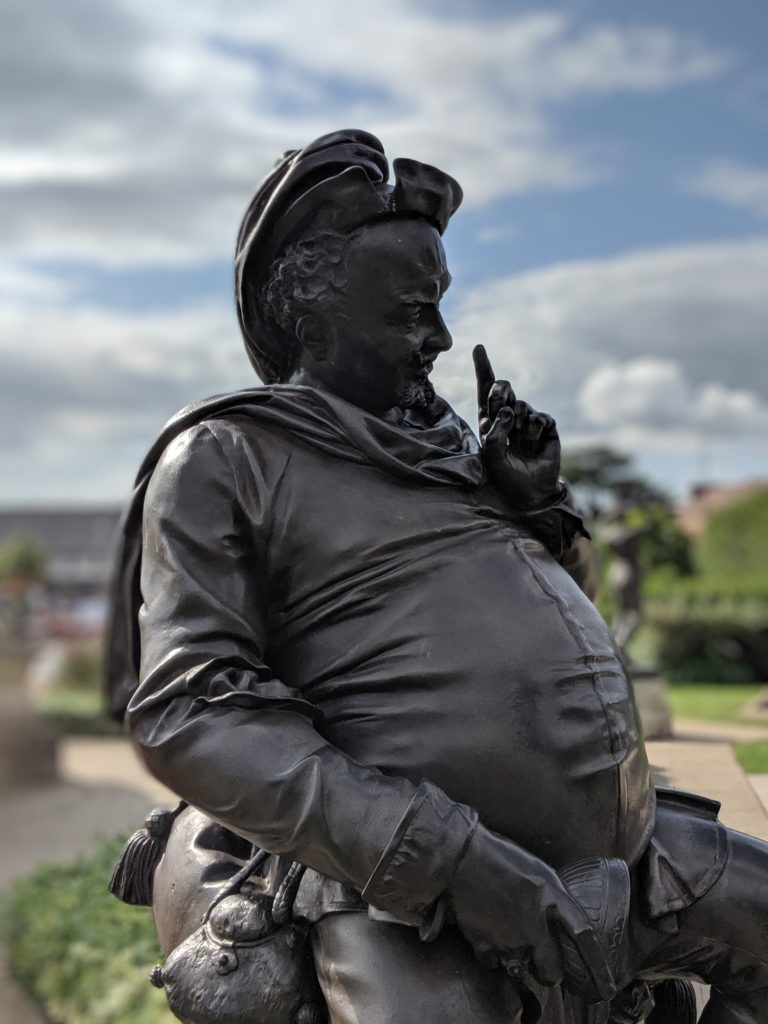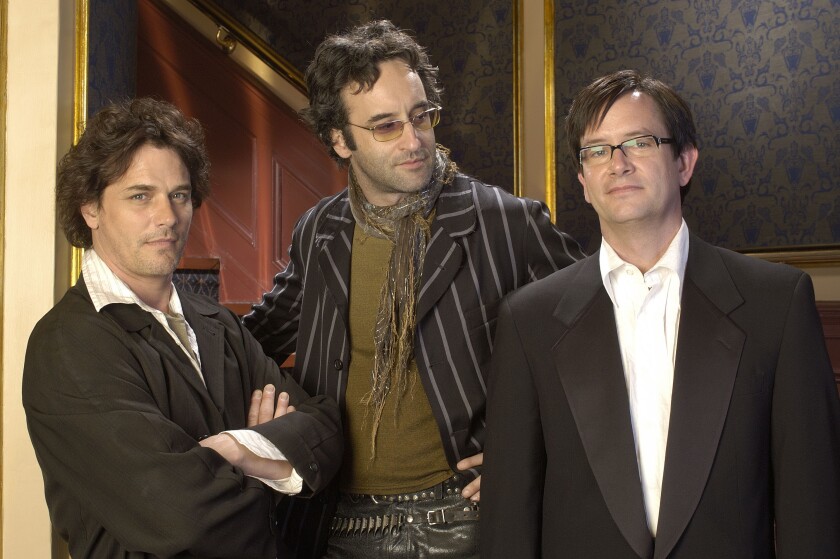My son is the last of my three still in middle school. As both of his sisters passed through his current grade they both read Romeo and Juliet, to mixed experience. I’ve been waiting to see if he’ll get to read it at all.
Son: “So I guess we’re not doing Romeo and Juliet this year.”
Me: “What? They decided for sure? How come?”
Son: “Nothing romantic anymore.”
Me: “Huh?”
Son: “I guess we’re not reading or studying any stories this year that have romance in them.”
I am assuming that he’s mostly misinterpreting some sort of ban on PG-13 material, perhaps.
Me: “Well that’s fine it doesn’t have to be Romeo and Juliet. That’s basically why schools do Julius Caesar in the first place, no romance. I can write to your teacher and suggest Julius Caesar, or maybe even Macbeth…”
Son: “I think we should do King Lear.”
Me: (impressed) “Bold move. You really think that in middle school kids will be able to understand King…”
Son: “I know thee not, old man.”
Me: …(not so impressed anymore)…”Oh, dude…”
Son: “No, I know that’s not from King Lear. That’s from Falstaff. I was just saying I want to see that play.”
Me: “Oh, ok, phew. For a minute there I was going to say you just made the blog, but you know what, you just made the blog anyway!”
Still have to write to his teacher and see if I can keep Shakespeare in the curriculum!




